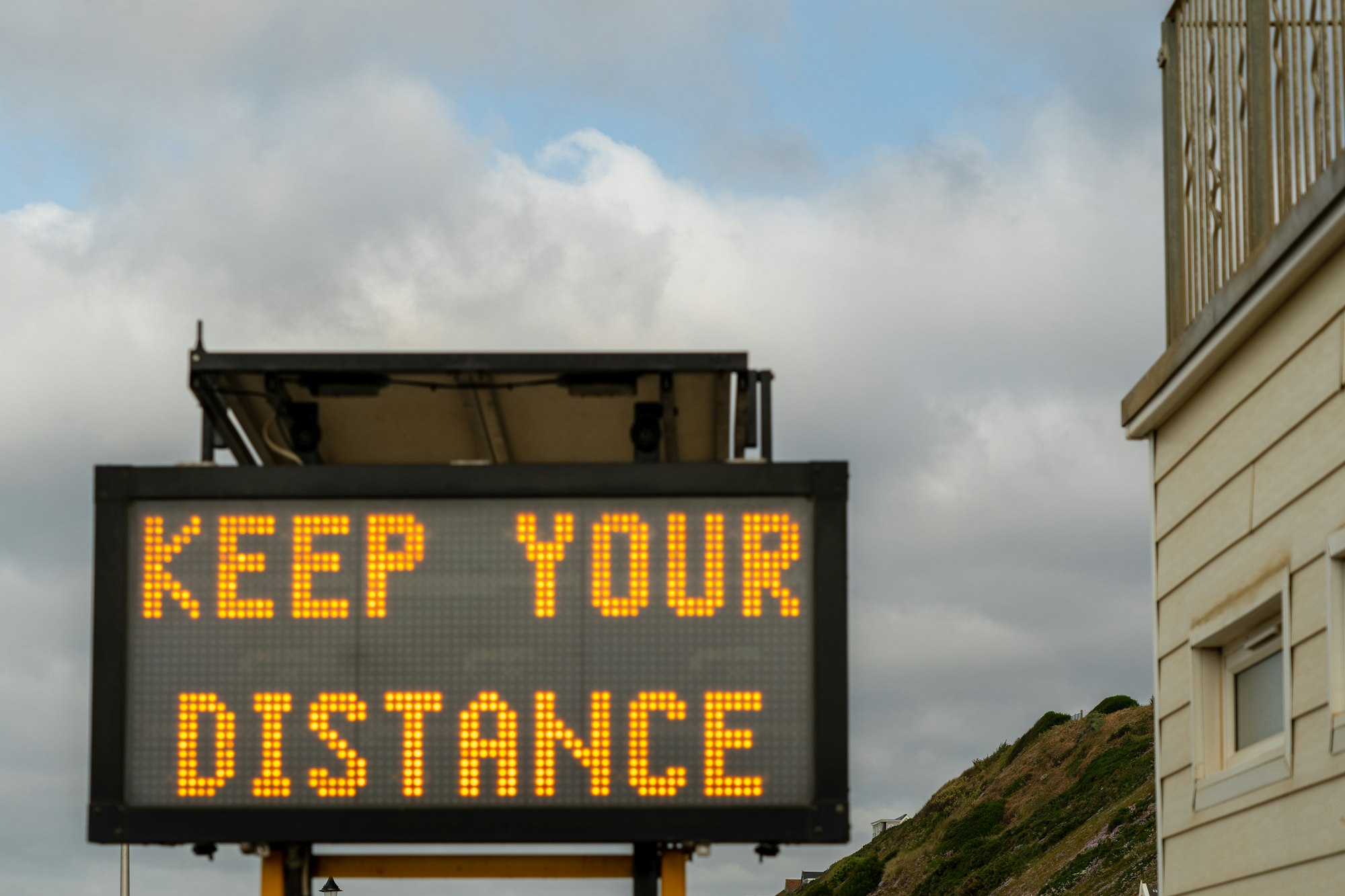The A-Z of coronavirus: a quick reference guide
We explore some of the most common COVID-related words and phrases (and how to spell them)

After more than two years of living with the coronavirus pandemic, we’ve become accustomed to a whole lexicon of new words and phrases. However, it’s often hard to keep track of when and where you should use certain words, as well as whether they should be hyphenated or capitalized.
Here’s Outwrite’s quick reference guide to some of the most common (and controversial!) words and phrases – and how to spell them!
Antibody test: A type of coronavirus test that checks for antibodies, a sign that a person had an infection in the past or received a vaccine to spur immunity.
Anti-vaxxer: Colloquial phrase used to refer to someone who does not want to be vaccinated. It is quite inflammatory and should be used with caution.
AstraZeneca: A major vaccine manufacturer. Capital A, Capital Z, no space or hyphen.
Breakthrough infection: An infection that occurs in a fully vaccinated person. Two words, no hyphen.
Contact tracing: The process of locating and monitoring people who have been in close proximity with an infected person. Two words, no hyphen.
Coronavirus: Any of the family of viruses that cause common colds, SARS (severe acute respiratory syndrome) or MERS (Middle East respiratory syndrome). They are named for the crown-like spikes on their surfaces. The virus that causes COVID-19 is just one type of coronavirus.
COVID-19: The respiratory illness that’s caused by the SARS-CoV-2 coronavirus (literally, COronaVIrus Disease 2019), not the underlying virus itself. Can be spelled as COVID-19 or Covid-19, depending on style guide preference.
Delta: A variant of the coronavirus that emerged in 2021 and quickly became the dominant strain (until the Omicron strain appeared). It is notable for being significantly more infectious than previous variants. Usually spelled with a capital D, but some style guides prefer delta.
Distance learning: The act of delivering lessons via videoconference. Also referred to as home schooling. Two words, no hyphen.
Endemic: The stage that a disease reaches when it has a common and constant presence in a population. Colds and flus are endemic. The virus that causes COVID-19 is eventually expected to become endemic. Should be used as an adjective; do not use the term ‘an endemic’.
Hot spot: A location where there has been a surge in cases. Two words, no hyphen.
Hybrid immunity: Immunity granted by vaccination and catching the virus. Two words, no hyphen.
Immunization: Another term for vaccination. Spelt ‘immunisation’ in UK and Australian English.
Isolation: Being confined to your home for a specified period because you are infected by the coronavirus. Sometimes confused with ‘quarantine’, which is a precautionary measure (read our article on Common COVID mistakes for more information on the differences). Also called self-isolation (one hyphenated word).

Lockdown/lock down: The act of restricting people’s movements and/or closing businesses to prevent or slow the virus spread. Spelt as one word as a noun (“we went into lockdown”) or as two words as a verb (‘we need to lock down the city”).
Long COVID:A term used for long-term effects of COVID-19. Two words, no hyphen.
Moderna: A major vaccine manufacturer.
Omicron: A variant of the coronavirus that emerged in late 2021 and overtook the Delta variant as the fastest growing strain globally. It is even more infectious than Delta, but appears to cause less severe illness. Usually spelt with a capital O, but some style guides prefer omicron.
Pandemic: A rapidly spreading disease that affects multiple countries or populations. The spread of COVID-19 was officially declared a pandemic in March 2020. Do not use the term ‘global pandemic’; the word global is unnecessary, as using pandemic implies that the disease is global.
PCR test: A polymerase chain reaction test, the most sensitive coronavirus test. It involves a nasal swab and/or sometimes saliva. The test is sent to a lab and results can take a day or two to return. This is commonly referred to as a PCR test or a lab test.
Pingdemic: Receiving multiple alerts (usually via a dedicated app) that you have been in the vicinity of a coronavirus case. Depending on the contact, you may be required to quarantine as a result.
Pfizer: A major vaccine manufacturer. Pronounced Phi-Zer.
Quarantine: Being confined to your home as a precaution if you may have been exposed to the coronavirus—for example, if you are a close contact of a confirmed case. See isolation.

Rapid antigen test: The fastest coronavirus test, these can be done at home and take about 15 minutes to yield results. These should be referred to as a rapid test, home test or RAT. Do not use ‘RAT test’—this is a tautology.
SARS-CoV-2: The actual virus that causes COVID-19. Technically, you don’t get a COVID test: you get a SARS-CoV-2 test. Not commonly used except in academic or scientific literature.
Social distancing: Measures to restrict when and where people can gather, such as limits on gathering numbers or requiring people to remain 1.5–2 meters (five to six feet) away from each other. Two words, no hyphen.
Superspreader: A person who infects a large number of other people. One word, no hyphen
Vaccination: The act of receiving a coronavirus vaccine, which reduces the severity against the COVID-19 illness. Most vaccines require two doses to be effective; third and even fourth ‘booster’ doses are increasingly believed to improve protection against the coronavirus.
Vaccine passport: Digital or paper documents showing that a person has been vaccinated against COVID-19. Two words, no hyphen.
Vax/vaxxed: Shorthand for vaccine and vaccination. Vax and vaxxed are okay to use in informal writing, but should be avoided in neutral and formal writing (unless part of a direct quote).
Work from home: The act of carrying out your job from your own home (usually due to lockdown or social distancing measures). No hyphenation when used as a noun or verb (‘I am working from home all the time”), but should be hyphenated as an adjective (“Our office is back to work-from-home conditions”). The acronym WFH is commonly used as shorthand in informal and professional communications.
Further resources
For a more detailed look at coronavirus terminology and how to use it, check out our detailed guide to common COVID writing mistakes.

